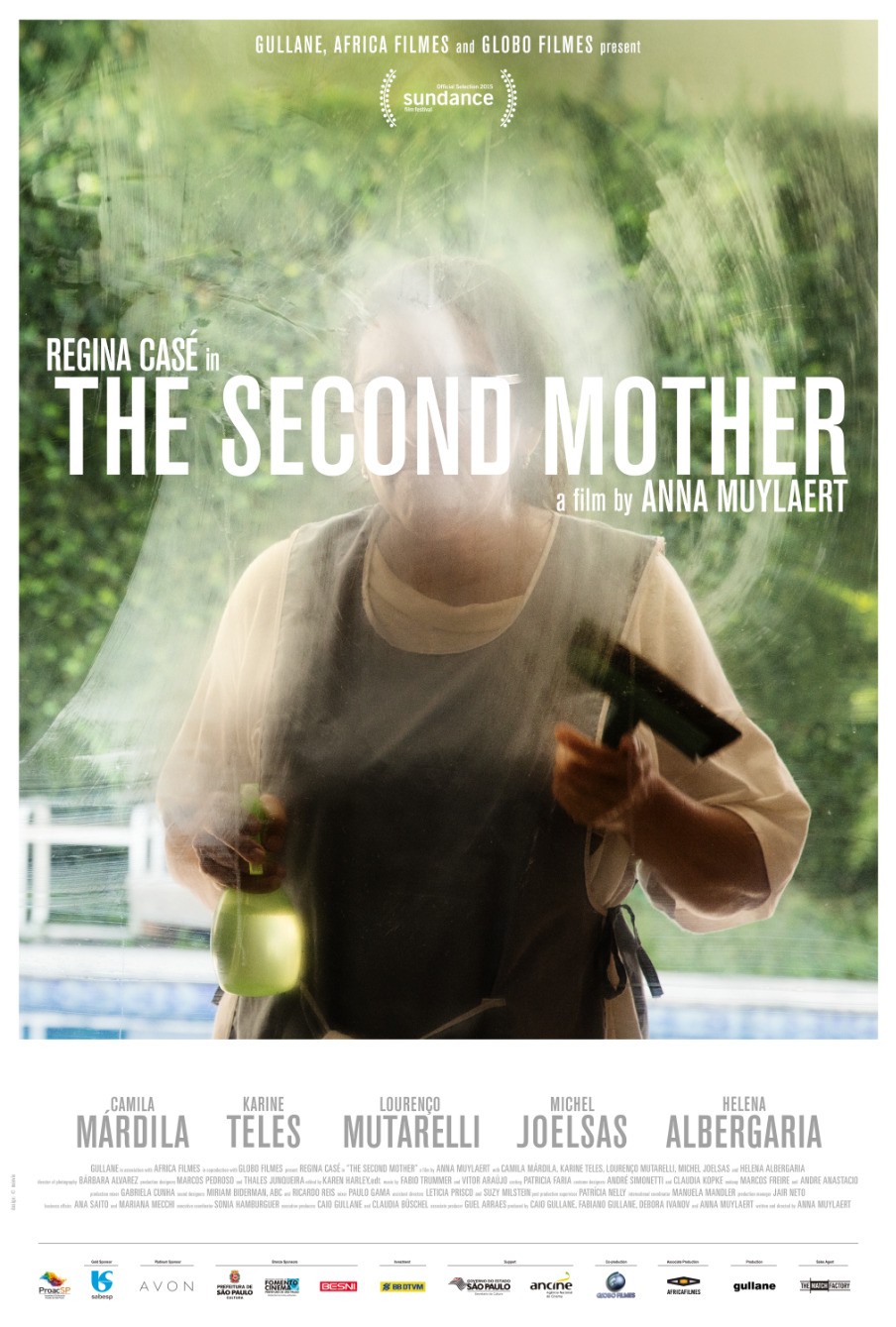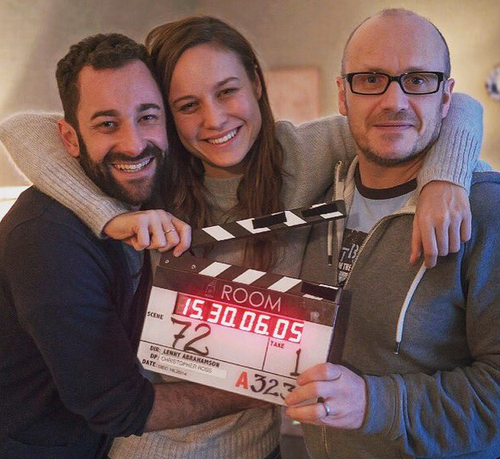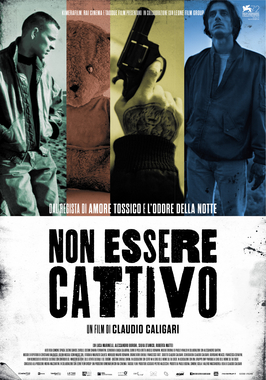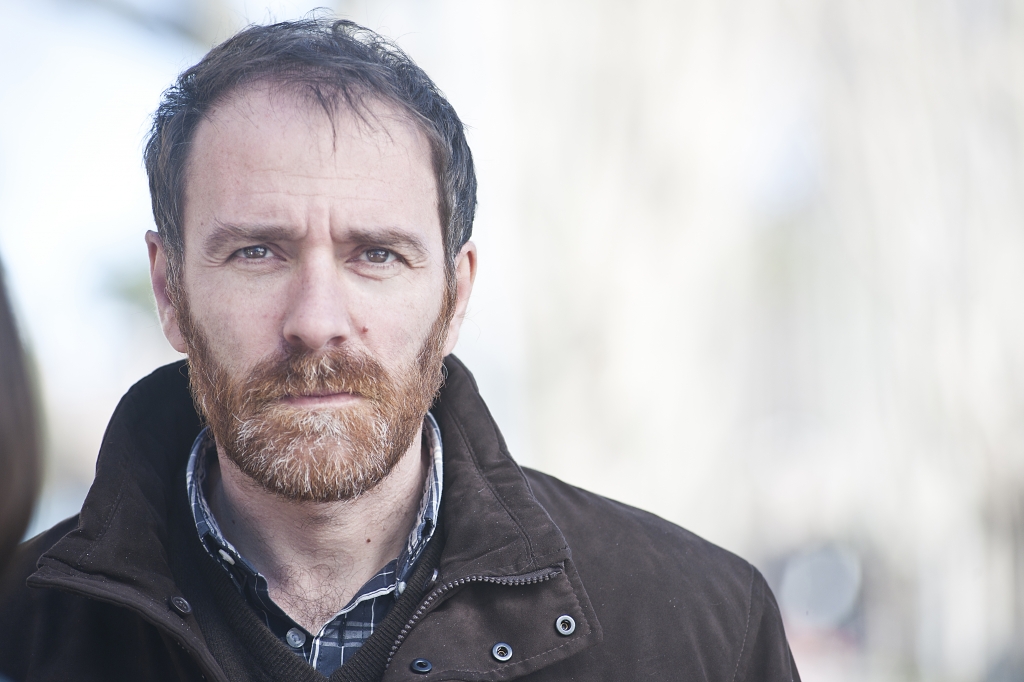Interview: Director Roar Uthaug on Making the Disaster Film Feel Fresh in 'The Wave'
 Wednesday, December 16, 2015 at 10:00PM
Wednesday, December 16, 2015 at 10:00PM  Director Roar Uthaug
Director Roar Uthaug
Jose here. The fact that Norway’s Oscar submission this year is a disaster film, should be reason enough to warrant attention. It also happens that The Wave is quite a fun ride to sit through! Rather than trying to reinvent the wheel, director Roar Uthaug, delivers a film that demands you get the largest bag of popcorn available, some candy and a giant soda. It’s a film meant to be enjoyed, something which Hollywood often forgets to provide when focusing on CGI extravaganzas that always put the effects before the people.
Uthaug’s film centers on a family led by sensitive geologist Kristian (Kristoffer Joner) and his pragmatic wife Idun (Ane Dahl Topr, the star of last year's Norwegian Oscar submission 1001 Grams), who are preparing to leave their charming little town, when everything that can possibly go wrong, does indeed go wrong. The issue in this case is disastrous landslide that causes a tsunami in the fjord! To say that Uthaug excels at creating tension and induces nail-biting (my cuticles resent him) would be an understatement. What is surprising is how fresh the film feels by the end. Uthaug was kind enough to answer some questions I had about his film.
Read the interview after the jump.

 Norway,
Norway,  Roar Uthaug,
Roar Uthaug,  Scandinavia,
Scandinavia,  The Wave,
The Wave,  Visual FX,
Visual FX,  disaster epic,
disaster epic,  interview
interview 








